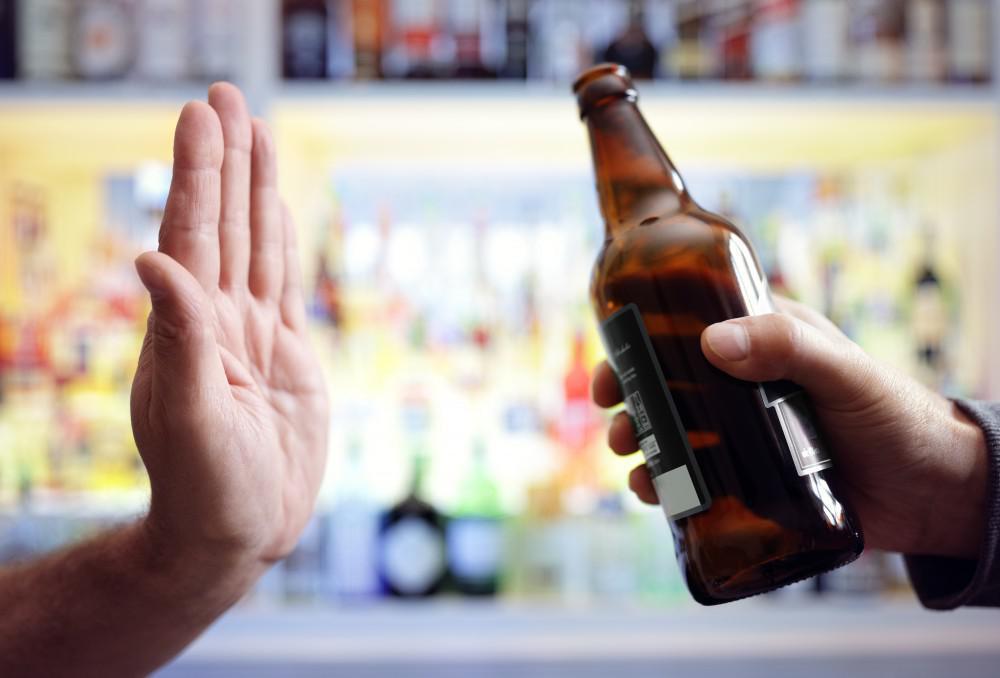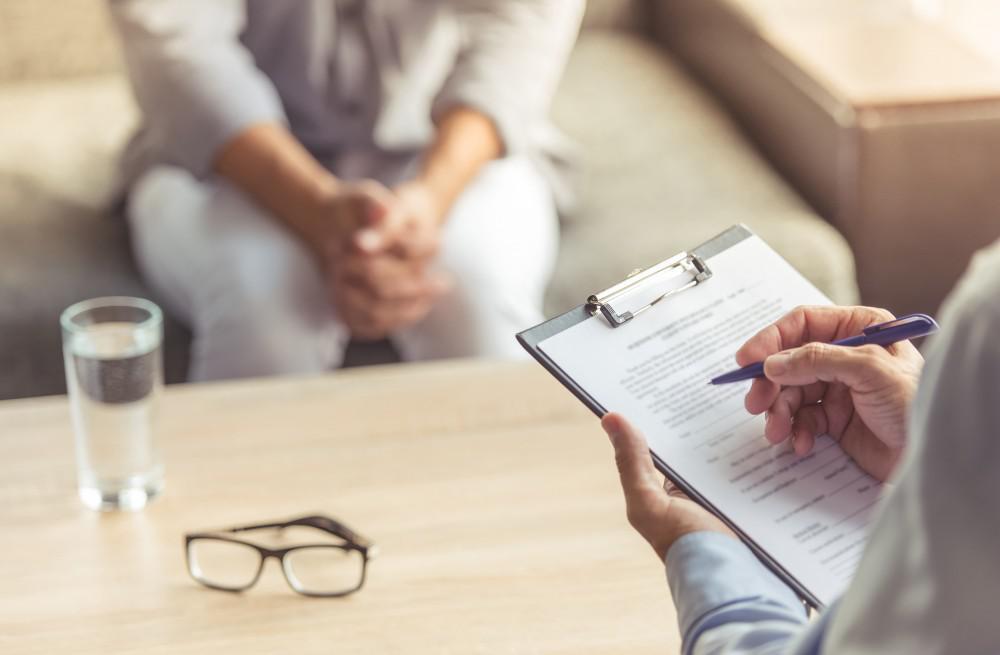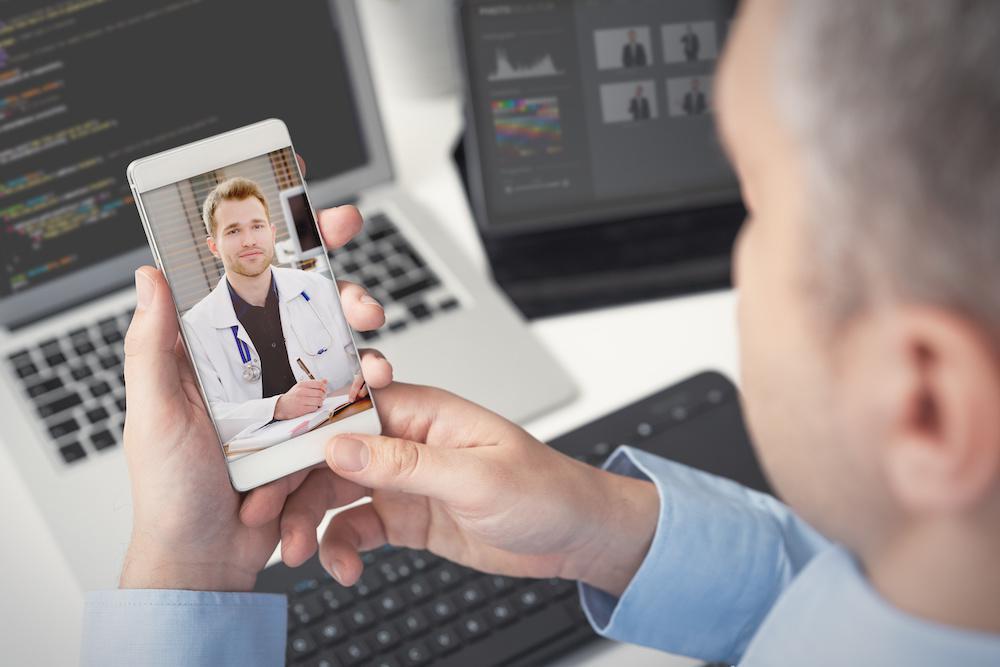
5 Tips for Staying Sober
You’ve done the work to become clean and sober, and you want to do what you can to stay that way. Here are five great tips that will help you safeguard your freedom from a substance use disorder.

If you are trying to break free of an alcohol or opioid use disorder, there are certain medications that can greatly ease your recovery journey, including naltrexone.
While a good recovery plan entails a wide range of therapies, the team at Northview Wellness understands how valuable certain medication-assisted treatments can be in helping you stay sober in early recovery.
Here is a look at the role that naltrexone can play in helping you break free from your alcohol or opioid addiction.
There are two sides to most substance use disorders. Addressing them both is critical. First, there is dependency, which describes your body’s reliance on the substance and the withdrawal symptoms that come when you stop.
Second, there is addiction, which refers to uncontrollable cravings and obsession that take place in your brain, thanks to a shift in your neurochemicals.
To tackle the first part — dependence — you need to go through our detox program to flush the alcohol or opioids from your system.
Once your body is free of alcohol or opioids, it’s time to tackle the addiction side of the equation. This can be powerful, so you may want to use all the tools at your disposal, such as targeted medications.
The FDA approved naltrexone because of its ability to help people in early recovery from opioids or alcohol by providing a barrier between you and your drug of choice.
The first thing to understand about naltrexone is that this medication does not contain any opioids, so it’s not addictive. In fact, naltrexone has quite the opposite effect, as it binds to opioid receptors and blocks them. What this means is that, even if you use opioids, you will not feel their effects thanks to the naltrexone.
When it comes to alcohol, naltrexone also binds and blocks your endorphin receptors. This means you will not feel the effects of alcohol.
Aside from blocking opioids and alcohol, naltrexone also works by reducing your cravings, which can pose a real threat to your recover.
If we feel that you can benefit from naltrexone, it’s important that you’ve already detoxed from the opioids or alcohol first. Once you have eliminated opioids and alcohol from your body, we can get you started on naltrexone.
This medication comes in oral tablets, injections, and implanted pellets. Injections, which last for a month. are more effective than tablets. Pellets which we place under your skin are the longest lasting and most effective. These pellets slowly and steadily release naltrexone into your system for up to three months, giving you crucial protection against relapse.
Because it takes a while for your body and brain to establish ways to support recovery, patients use naltrexone for a year.
If you would like to learn more about how naltrexone pellets can help break your alcohol or opioid addiction, contact our office by phone or email, to learn
more.

You’ve done the work to become clean and sober, and you want to do what you can to stay that way. Here are five great tips that will help you safeguard your freedom from a substance use disorder.

The connection between a substance use disorder and a mental health issue is a strong one, as the nearly eight million Americans who have a co-morbidity prove. When this occurs, treating both issues is paramount.

Addiction is a chronic disease that requires constant vigilance and good management. When a person falls short, relapse can occur. If you’re worried that a loved one has relapsed, here are some signs to look out for.

You believe that you’re drinking isn’t normal anymore, and you’re tired of the overwhelmingly negative effects that alcohol is having on your life. The good news is that alcoholism is highly treatable.

The rise in availability of telehealth services has been great news for those who need (or would prefer) to receive quality health care from the comfort of their own homes. These services also extend to substance use disorders.

Whether you’ve tried to break your opioid addiction before or this is your first attempt, why not greatly increase your chances of success with Sublocade®? Here’s a look at how Sublocade can ease your recovery journey.